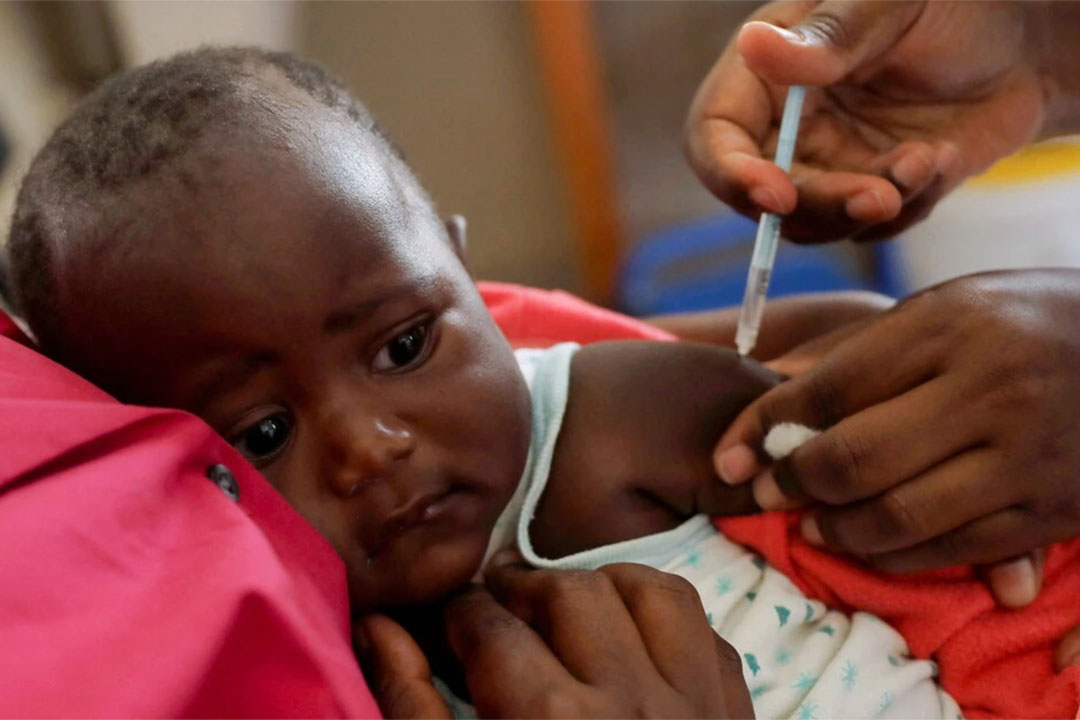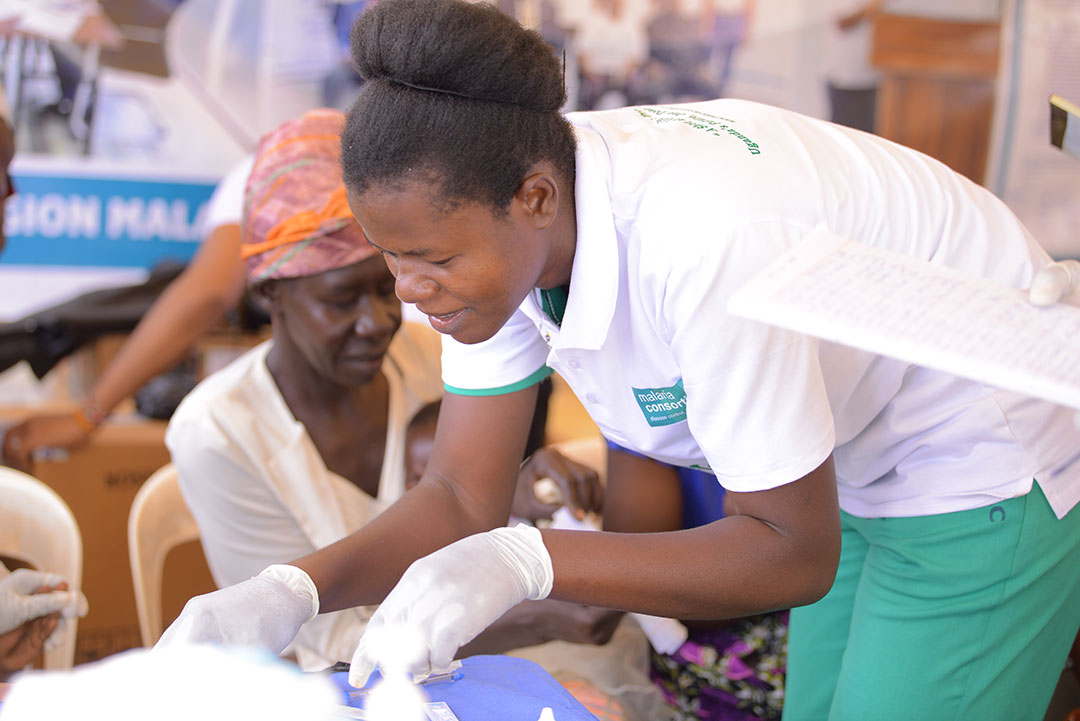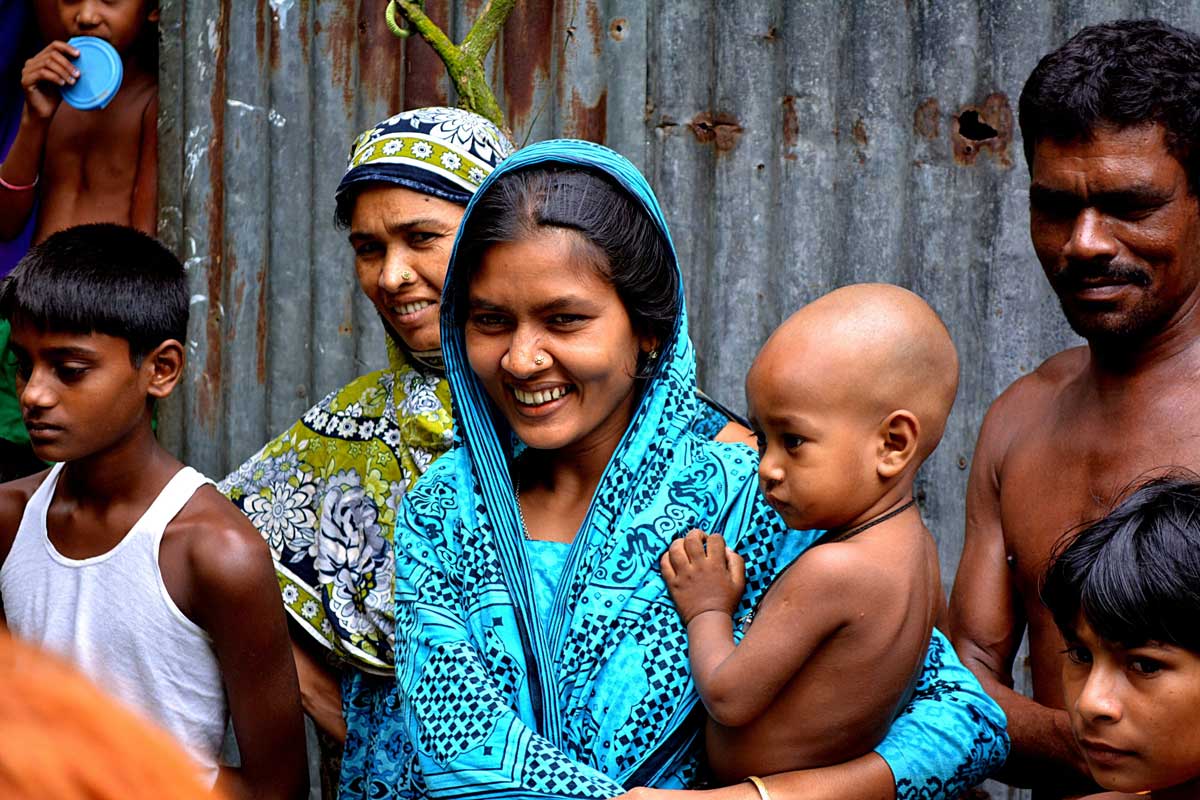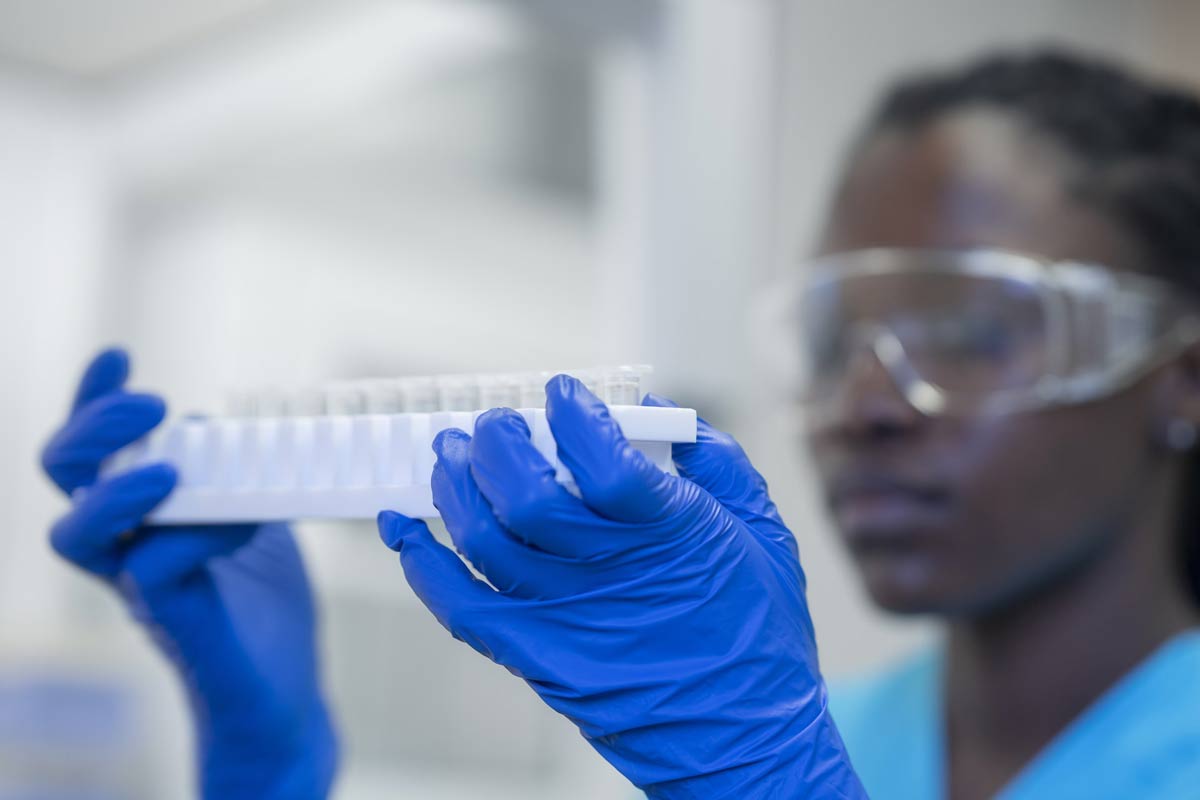We are facing a 'perfect storm' on malaria. But renewed efforts can change the weather
New generations of vaccines and nets are providing fresh hope of kickstarting stalled progress on malaria in Africa back into gear once more.
- 30 November 2023
- 4 min read
- by World Economic Forum

In September this year, African heads of state used the UN General Assembly to call for urgent action and increased funding to get back on track towards ending malaria as a public health threat. Clouds that had been gathering over efforts to control malaria were threatening to become a perfect storm.
After decades of steady and hard-won gains, progress towards malaria control has stalled or reversed in parts of Africa, which accounts for the vast majority (95%) of the approximately 247 million cases and 619,000 deaths caused by the disease each year. Almost all deaths occur in children under the age of five.
Climate change has enabled the anopheles mosquito that spreads the malaria parasite to expand its range into new territories. Adding to this threat is the emergence of the Anopheles stephensi mosquito in eastern and western Africa. This malaria-carrying mosquito breeds all year round and thrives in urban settings – setting it apart from the other mosquitos in Africa that primarily exist in rural areas. At the same time, an increase in the frequency and severity of droughts and floods has hampered efforts to control mosquito populations. Growing resistance to the most widely available insecticides and drugs has also started to erode the impact of key measures to prevent and treat the disease. Already fragile health systems have been further weakened by the COVID-19 pandemic.
Hope, however, is far from lost. Our organizations – Gavi, the Vaccine Alliance, and the Global Fund – are at the heart of efforts to roll out new, game-changing innovations in the countries we support. And by working in step more than ever before, we can multiply the impact of new innovations, strengthen health systems and turbo-charge malaria-control efforts.
The adage that "prevention is better than cure" is a fundamental tenet of malaria control. Early detection and treatment in adults can usually lead to a good clinical outcome, but in children under five success rates are far lower. In young children, we must prevent malaria infections from taking hold in the first place, and we now have two powerful new tools that do just that.
Have you read?
First up is a new generation of mosquito nets treated with a combination of active ingredients that, together, are a more powerful deterrent to the anopheles mosquito than existing formulations. This new generation of nets is key to overcoming the evolved resistance to insecticides that has spread in some mosquito populations.
Second, we are on the cusp of a new era of vaccination against malaria. The RTS,S/AS01 malaria vaccine was a resounding success in large-scale national pilots, reducing all-cause mortality by 13%. The first doses for non-pilot Gavi-supported countries shipped in November 2023, ready for their introduction as part of routine immunization programmes in 2024. Fast on its heels, a second vaccine may be ready for introduction to countries in mid-2024, helping to broaden access and accelerate coverage.
As powerful as either of these innovations might be on their own, neither will be game-changers used in isolation. The real gains come when we coordinate their roll-out together, along with seasonal chemoprevention. Above all, we will only succeed if we redouble our efforts to end the stark inequities that continue to fuel malaria – ensuring that these innovations reach the most vulnerable communities. These joint efforts can have a profound positive impact beyond malaria control.
When Gavi and the Global Fund work together with each other and with countries to introduce these new innovative countermeasures, we will also be coordinating investments to strengthen key health system functions that can be "benefit multipliers" for public health. Targeted strengthening of service delivery, data systems, cold chain and supply chain management and resilience, to name a few examples, not only facilitates the rapid and efficient roll-out of malaria innovations, but can have significant knock-on benefits for outbreak preparedness and response, primary healthcare and routine immunization.
Written by
Lady Roslyn Morauta
Chair, The Global Fund
José-Manuel Barroso
Chair, Gavi the Vaccine Alliance
Website
This article was originally published by the World Economic Forum on 30 November 2023.









